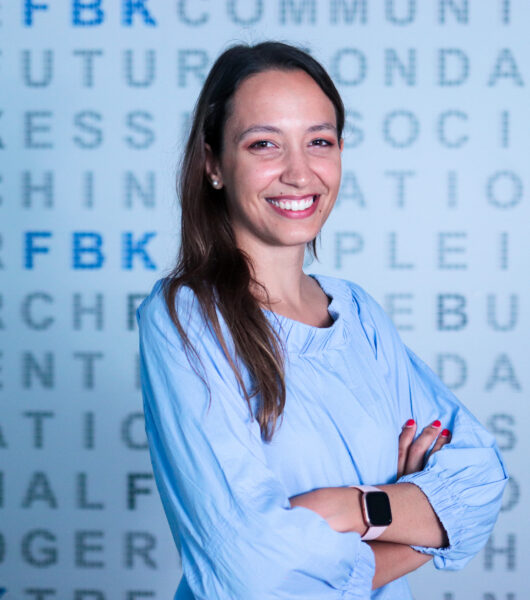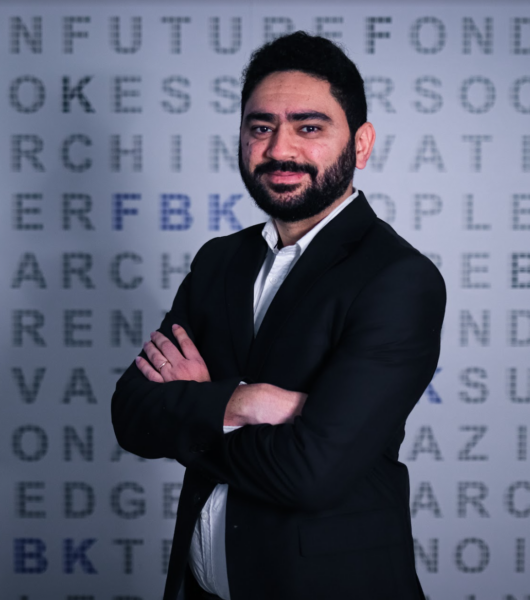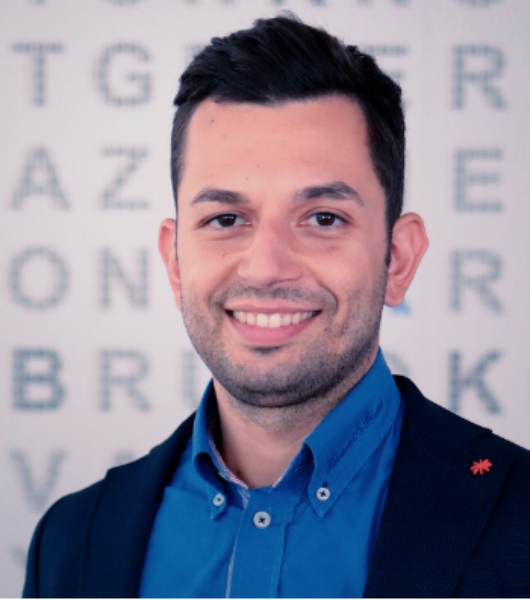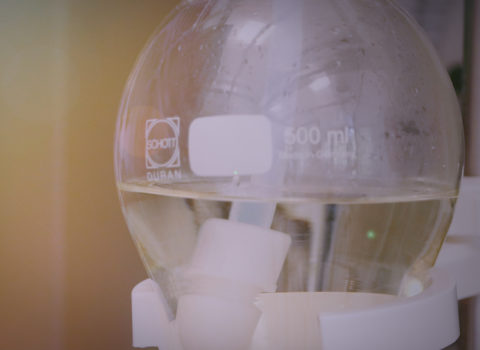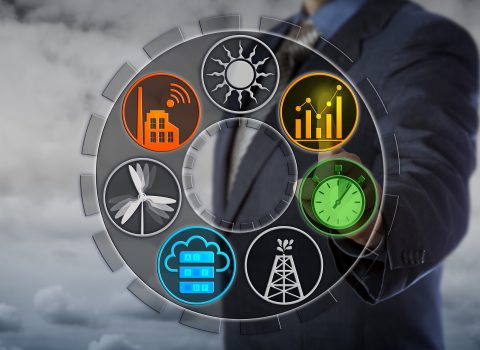
The faces of sustainable energy
A series of videos with FBK researchers who conduct research and development activities in collaboration with industry, academia and public institutions in the energy sector.
The EU aims to become climate neutral -an economy with net zero greenhouse gas emissions – by 2050. This goal is at the heart of the European Green Deal and in line with the EU’s commitment to global climate action under the Paris Agreement. The transition to a climate-neutral society is both an urgent challenge and an opportunity to build a better future for all. All parts of society and economic sectors will play a role, from the energy sector to industry, mobility, buildings, agriculture and forestry. The EU can lead the way by investing in realistic technological solutions, empowering citizens and aligning actions in key areas such as industrial policy, finance and research, while ensuring social equity for a fair transition.
In this context, the Sustainable Energy research center (FBK SE) promotes the efficient and effective implementation of innovative energy solutions. The underlying belief is that this will help balance our ecological footprint and ensure a sustainable future for the next generations.
To move in this direction, investment in research and innovation is crucial. At the same time, since these are major social and infrastructural changes, they will only be possible if there are broad collaborations, system-wide actions and transformations of production chains.
FBK-SE aims in particular to support the development of low-carbon and zero-emission solutions for energy production, distribution, and storage that will minimize environmental impacts and improve climate resilience. To this end, SE provides its know-how, expertise, and facilities in the field of energy to help develop new methods, models, and technologies that can improve the efficiency and flexibility of energy systems in a sustainable and cost-effective manner.
There are four areas of specialization into which the FBK-SE center is divided:
- Low-Carbon ResearchBase
science on advanced materials and processes for energy applications - Battery TechnologyR&D
on battery storage technologies - Hydrogen TechnologyR&D
on hydrogen production and storage technologies - Sustainable Territories
System integration for territorial energy systems
The big challenge of decarbonization is not an impossible task as long as there is a convergence of extensive knowledge and experience, all united by a single common goal: sustainable energy. To move in this direction of change, it is essential to explore the fields of specialization in depth and follow their developments over time. We met with the center’s researchers to have them tell us what they are dealing with in practice, what contribution they are making to the ongoing green transition and the opportunities for collaboration that are opening up.
Francesca Panaccione and Davide Ragaglia are part of the Hydrogen Technology work area.
In her interview, Francesca Panaccione provides an overview of the main aspects related to hydrogen production, focusing on the importance of reducing the environmental impact generated by electrolyzer technologies.
For this purpose, the Life Cycle Assessment is a very important tool to assess this impact and AEM electrolysers seem to be a promising solution to have a fully sustainable and green hydrogen.
Davide Ragaglia‘s research mainly focuses on the implementation of control strategies for complex hydrogen systems, on the control system architecture, starting from a preliminary validation of PFDs and P&IDs, and on the definition of appropriate alarm machines, state machines and control loops. In this regard, control strategies have been developed for the European projects Prometheus, Switch and Hycare, to integrate and efficiently operate different hydrogen systems and respond to different end uses.
William Morais conducts research and development on battery storage technologies (redox flow and next generation battery chemistry). In his testimony, William provides an overview of the importance of battery research, summarizing current challenges. He also explains FBK-SE’s approach to the development of these technologies, its guidelines and European support for the IPCEIproject.
“The spotlights aim to touch on how much research contributes to solving open challenges about our future, with the specific contributions of individual researchers and innovators. We give voice and image to our collaborators, who with so much commitment and the best of their skills, put our projects, our collaborations in the open challenge of the energy transition, with passion and with dedication.” – Luigi Crema, Sustainable Energy (FBK SE) Director


